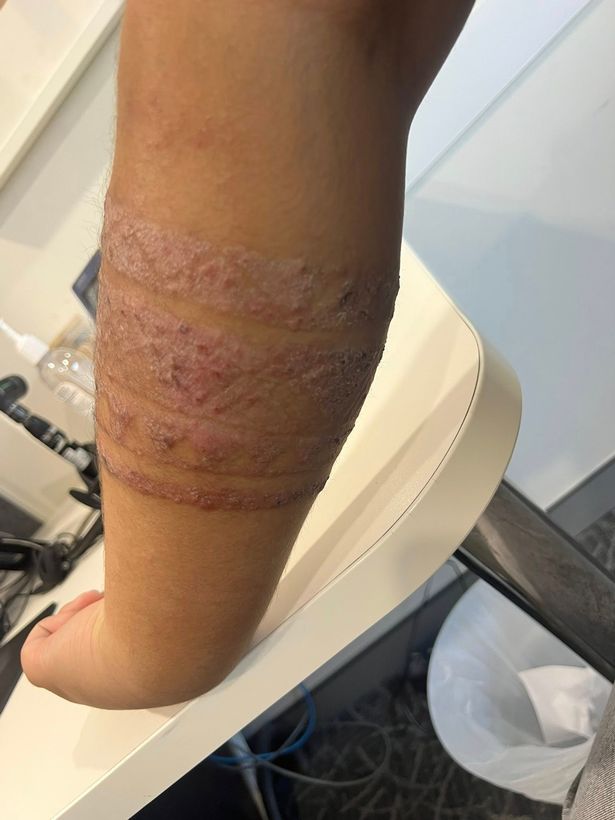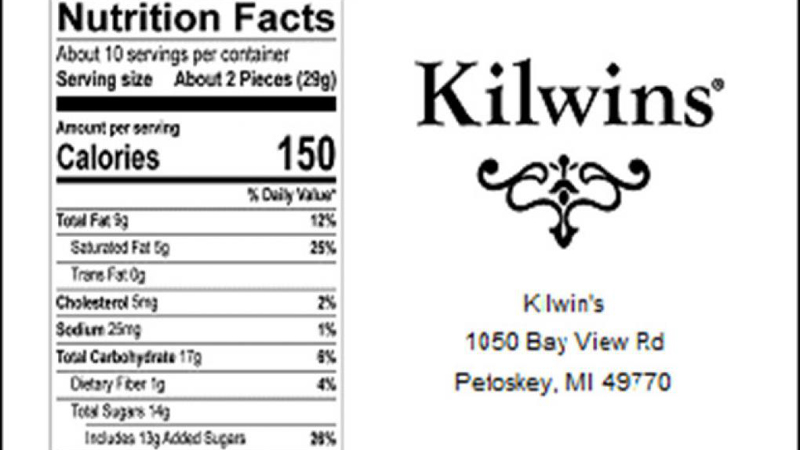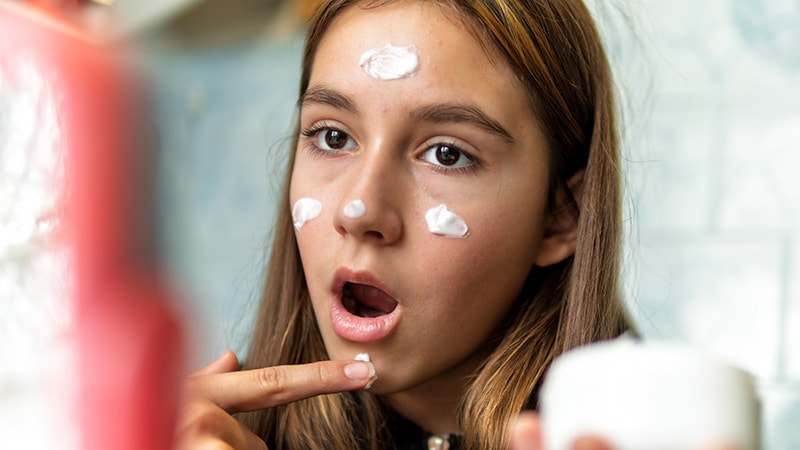Summary
Black henna is a growing problem and what could start off as a pretty pattern on your skin can actually leave you with gruesome burns and scarring as one mum outlined online
Source: The Mirror

AI News Q&A (Free Content)
Q1: What are the potential health risks associated with black henna tattoos?
A1: Black henna tattoos can pose significant health risks due to the addition of para-phenylenediamine (PPD) to natural henna. PPD can cause severe skin reactions such as redness, blisters, and burns, leading to permanent scarring. These reactions are more common in individuals with pre-existing allergies or sensitive skin.
Q2: How does black henna differ from natural henna in terms of composition and safety?
A2: Natural henna is made from the dried leaves of the Lawsonia inermis plant and is generally safe, producing a reddish-brown stain. In contrast, black henna contains PPD, which enhances color intensity but increases the risk of allergic reactions and skin damage.
Q3: What are the common symptoms of an allergic reaction to henna tattoos?
A3: Common symptoms of an allergic reaction to henna tattoos include itching, redness, swelling, and blistering at the site of application. Severe reactions can lead to chemical burns and permanent scarring.
Q4: What did the recent study about hair dyes reveal regarding skin reactions and henna tattoos?
A4: A recent study in the Dutch population found that 6.8% of hair dye users reported adverse skin reactions, often linked to black henna tattoos. The study highlighted a significant association between hair dye reactions and previous henna tattoo reactions, especially in women.
Q5: Why is PPD used in black henna, and what are its effects?
A5: PPD is used in black henna to enhance the color and make it appear darker and more long-lasting. However, its use can cause severe allergic reactions and contact dermatitis, prompting regulatory warnings against its use in skin applications.
Q6: What are some regulatory guidelines regarding the use of black henna for skin applications?
A6: Regulatory bodies like the FDA in the United States advise against the use of PPD in skin applications due to its potential to cause severe allergic reactions. Consumers are encouraged to use natural henna without additives to avoid health risks.
Q7: What are the latest research findings on the detection and prevention of adverse reactions to henna tattoos?
A7: Recent research emphasizes the need for public awareness about the risks of black henna. It suggests that dermatological testing and patch tests can be effective in predicting allergic reactions, thus preventing adverse skin reactions before they occur.
References:
- Henna - https://en.wikipedia.org/wiki/Henna
- Insights into hair dye use and self-reported adverse skin reactions in the Dutch general population: A cross-sectional questionnaire-based study - https://onlinelibrary.wiley.com/doi/abs/10.1111/cod.14456
- Henna Tattoo: From Cosmetic Purposes to Dermatological Reactions - https://idoj.in/article.asp?issn=2229-5178
- year=2024
- volume=15
- issue=2
- spage=123
- epage=127
- aulast=Kumar





